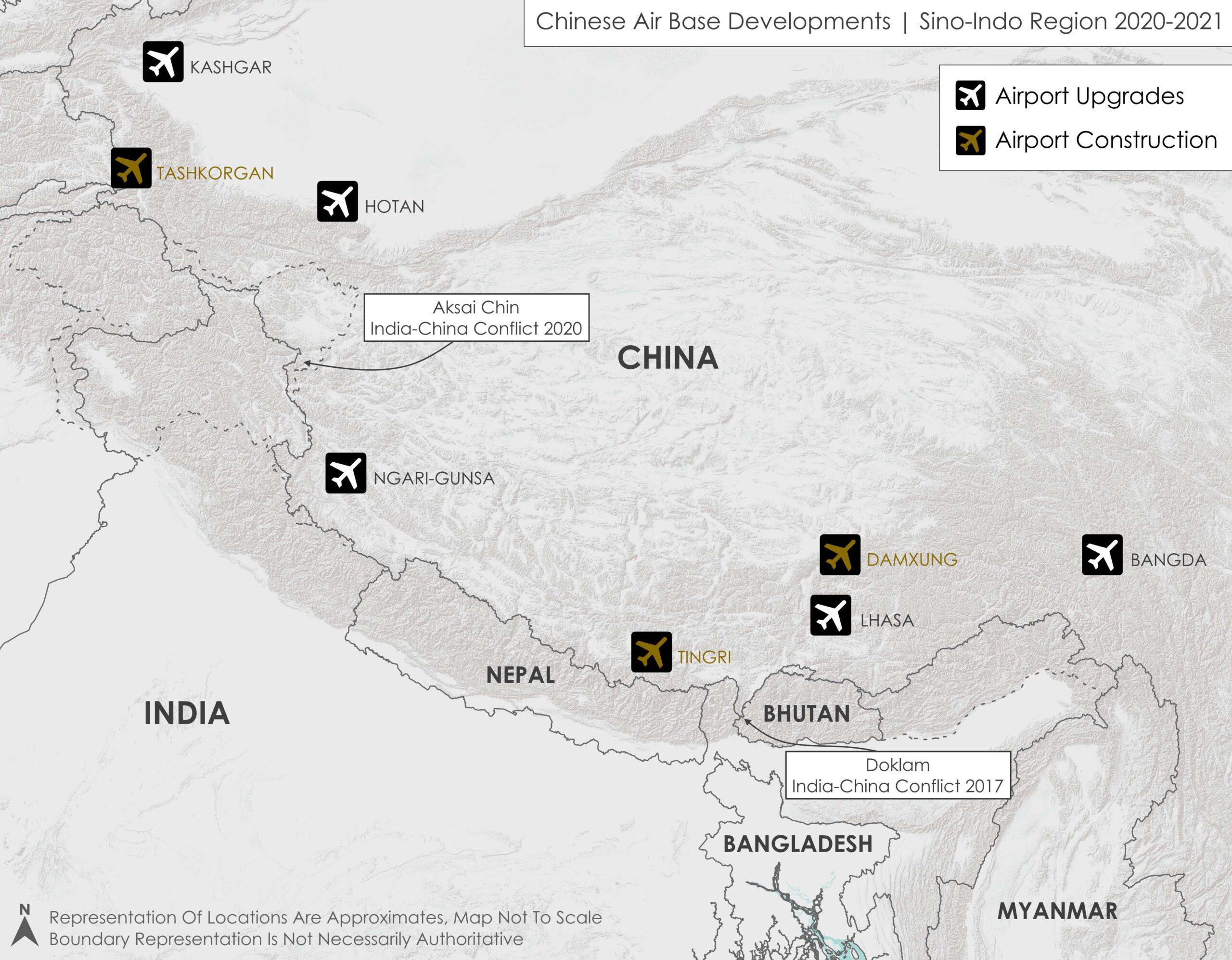It’s almost the end of the line for those who’ve been causing havoc in Los Santos with their friends on PlayStation 3 and Xbox 360. Rockstar Games says it will shut down the Grand Theft Auto Online servers for those consoles on December 16th, bringing an end to the multiplayer mode as well as website stat tracking via the Rockstar Games Social Club. The move doesn’t affect the single-player side of Grand Theft Auto V.
You’ll still be able to buy PS3 and Xbox 360 versions of Shark Cards for GTA Online until September 15th. However, you won’t be able to get a refund or transfer your digital currency or virtual items to another platform.
PS3 and Xbox 360 GTA Online players can no longer transfer their character data or progress to another platform either. When the PS4 and Xbox One versions of Grand Theft Auto V arrived, players were initially able to port their GTA Online progress to the newer consoles. Rockstar ended support for those transfers in 2017.
The publisher says it will “continue to move forward with updates and support” for the PS4, Xbox One and PC versions of GTA Online. In November, it’ll release versions of GTA V and GTA Online optimized for PlayStation 5 and Xbox Series X/S. PS5 owners will get free access to GTA Online for three months. It’s not yet clear whether PS4 and Xbox One owners will be able to transfer GTA Online data to the upcoming versions.
Rockstar will also shut down online features for other PS3 and Xbox 360 games on September 16th. Multiplayer, leaderboards and website stat tracking will no longer be available in those versions of Max Payne 3 after that date. PS3 and Xbox 360 versions of L.A. Noire will also lose website stat tracking. The single-player aspects of both games are otherwise unaffected.
Source: ‘GTA Online’ will shut down on PS3 and Xbox 360 on December 16th | Engadget
This is a real problem, also for the history of gaming. Regulators should force an open source variant of the server to be released to the public so that these games are not at the mercy of the publisher to kill as and when they please.


